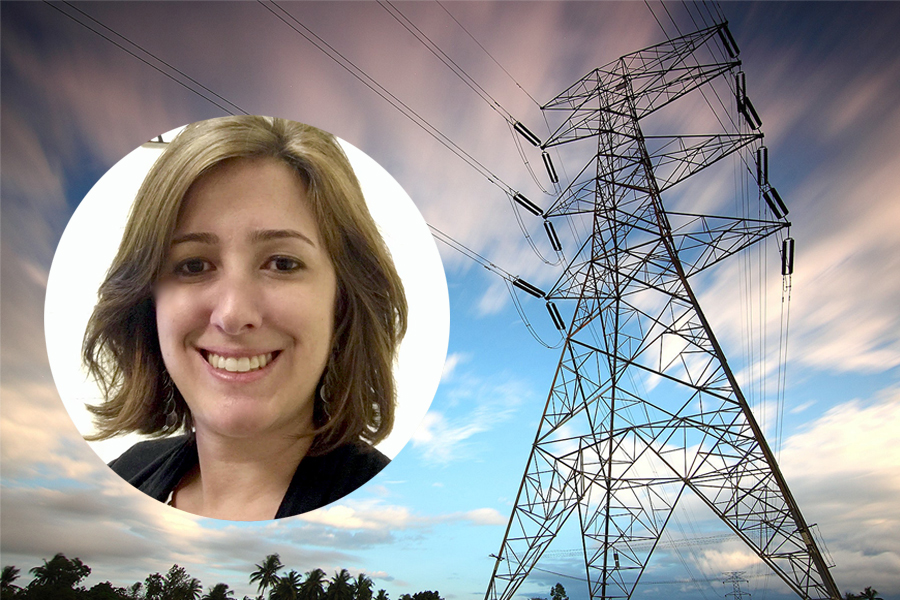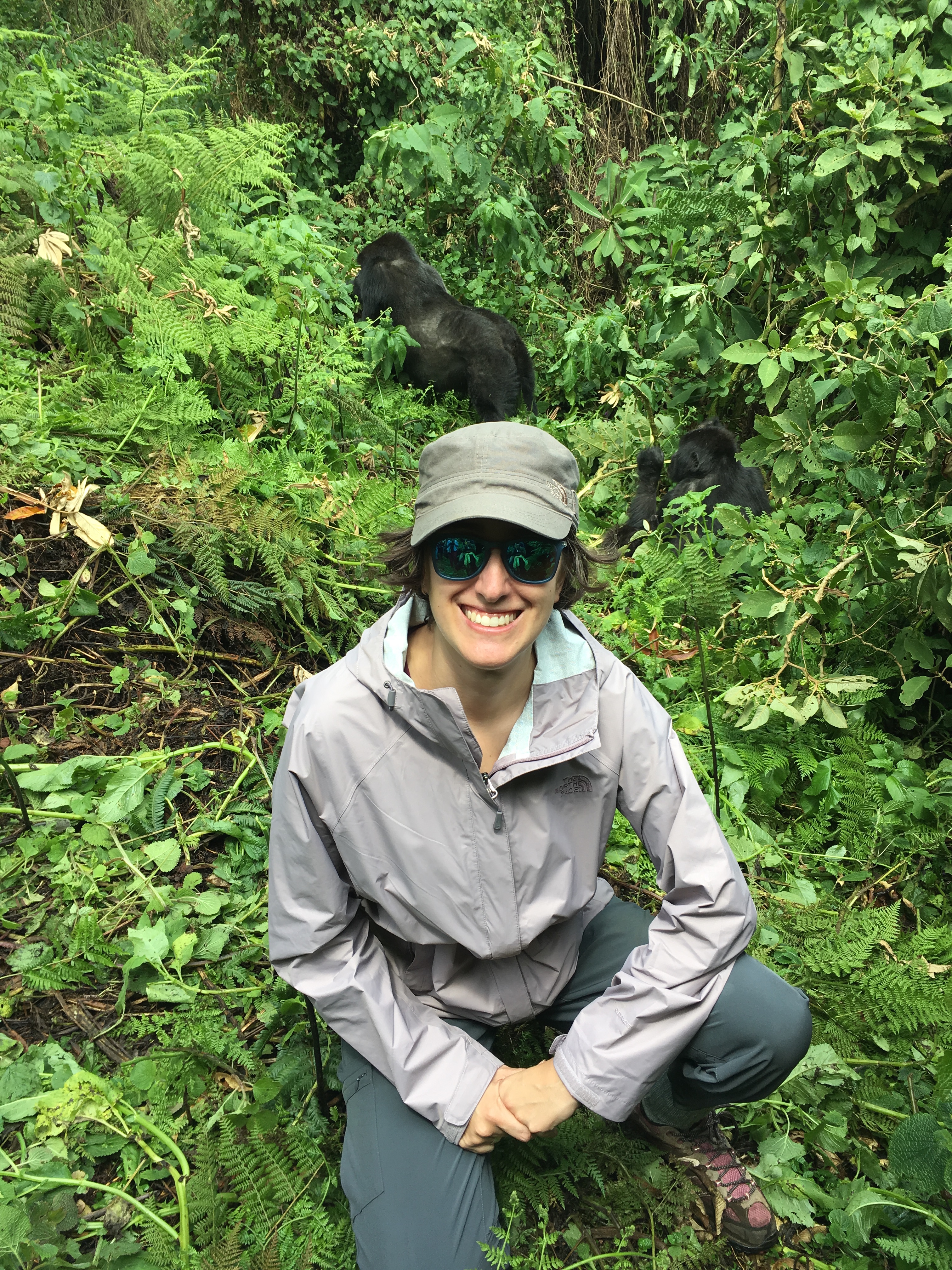
CMU’s Paulina Jaramillo Tackles Energy Poverty in Developing Countries
This is the third article in a series on faculty profiles.
Carnegie Mellon University Wilton E. Scott Institute for Energy Innovation Energy Fellow Paulina Jaramillo was recently named a prestigious Andrew Carnegie Fellow by the Carnegie Corporation of New York. The $200,000 award will support her work at Carnegie Mellon’s Green Design Institute (GDI), where she serves as Co-Director. The project will evaluate decarbonization pathways for sub-Saharan Africa, where over 600 million people lack access to electricity.
“Paulina is an internationally-recognized leader in the fields of clean energy technologies and energy systems, and she specifically focuses on applications for developing countries. We are delighted to host her as a Faculty Fellow,” said Scott Institute Director Jay Whitacre. “Her work further amplifies Carnegie Mellon’s progress towards finding solutions to global energy challenges.”
Jaramillo’s project will also present insights derived from building these scenarios using computational models to relevant stakeholders in the region, particularly those in the government sector, to study how it affects their perception about the role of sub-Saharan African countries in carbon mitigation.
Jaramillo, the Arthur Hamerschlag Career Development Professor in the Engineering and Public Policy Department, says she’s worried about further delaying decarbonization in developing countries, which need to avoid new carbon emissions, not reduce their current emissions like most advanced economies in order to achieve net-zero emissions.
“Countries in Latin America are more carbon intensive than in Africa, but less than developed countries. Yet, Africa will have 2.5 billion people by 2050. Even if it reached the carbon intensity comparable to that of Latin America, Africa’s annual emissions by 2050 would be larger than that of the U.S. This would be devastating for the climate,” said Jaramillo, who also holds a courtesy appointment at Carnegie Mellon’s Africa campus. Pictured below is Jaramillo in Africa.

Supported by the Rockefeller Foundation with a $3.8 million grant, Jaramillo is working on a collaborative project that applies data science to electricity demand prediction in energy-poor emerging economies. The effort, called the Electricity Growth and Use in Developing Economies (e-GUIDE) Initiative, focuses on ending energy poverty by accelerating the pace of electrification and dramatically decreasing the cost.
In addition, Jaramillo is part of a research team, funded by the Alfred P. Sloan Foundation, who is expanding a database to make energy modeling well-documented and open source. This builds upon a previously developed energy optimization model that simulates how the energy system would look under different technology cost assumptions, policy scenarios and constraints.
The goal is to complement, but not compete with the Energy Information Administration’s Annual Energy Outlook by leveraging an academically strong research community. A recently-awarded 2020 Seed Grant for Energy Research from the Scott Institute will supplement the salary of a research scientist working on the project.
“Seed funding from the Scott Institute has also provided me access to a broad network of energy experts–enabling recognition for my work in developing countries,” said Jaramillo. “The Institute’s support has helped me secure additional funding for GDI, which houses research in cross-cutting themes across sustainable infrastructure systems in developing countries.”
Jaramillo’s work has appeared in 80 publications and has more than 4,000 citations. She is notably the lead author of Chapter 10 of the forthcoming IPCC Sixth Climate Report, focusing on transport. Media outlets like The Washington Post, The New York Times and CNN regularly seek out her knowledge.
Outside of her research, Jaramillo teaches “Sustainable Energy for the Developing World,” a course that uses active learning strategies to introduce students to energy issues in developing countries. For example, Jaramillo has used (and helped refine) the board game, Energetic, to demonstrate concepts. The objective of the game is to build 16 gigawatts of low-carbon electricity to meet the electrical demand for the fictitious developing country, “Wakanda.” The game has various roles including stakeholders, developers and consumers, plus chance events based on varying scenarios that inform the player’s investment decisions.
Prior to joining CMU, Jaramillo earned her master's and PhD in Civil and Environmental Engineering, with an emphasis on green design from CMU. She holds a bachelor’s degree in Civil and Environmental Engineering from Florida International University.
When she’s not in the classroom or office, Jaramillo loves to ride her orange Vespa-inspired scooter in the summer, which reminds her of the one she drove during her one-year stay in Rwanda at CMU-Africa. She also has two children, who are 10 and 12.
On Thursday, July 9 at 11 a.m., you can hear about Jaramillo’s work during a webinar focused on Energy, Access and Equity. Hosted by the Scott Institute, this will be the sixth installment in its webinar series exploring Energy, Resilience and COVID-19. Lookout for the registration link in late June.